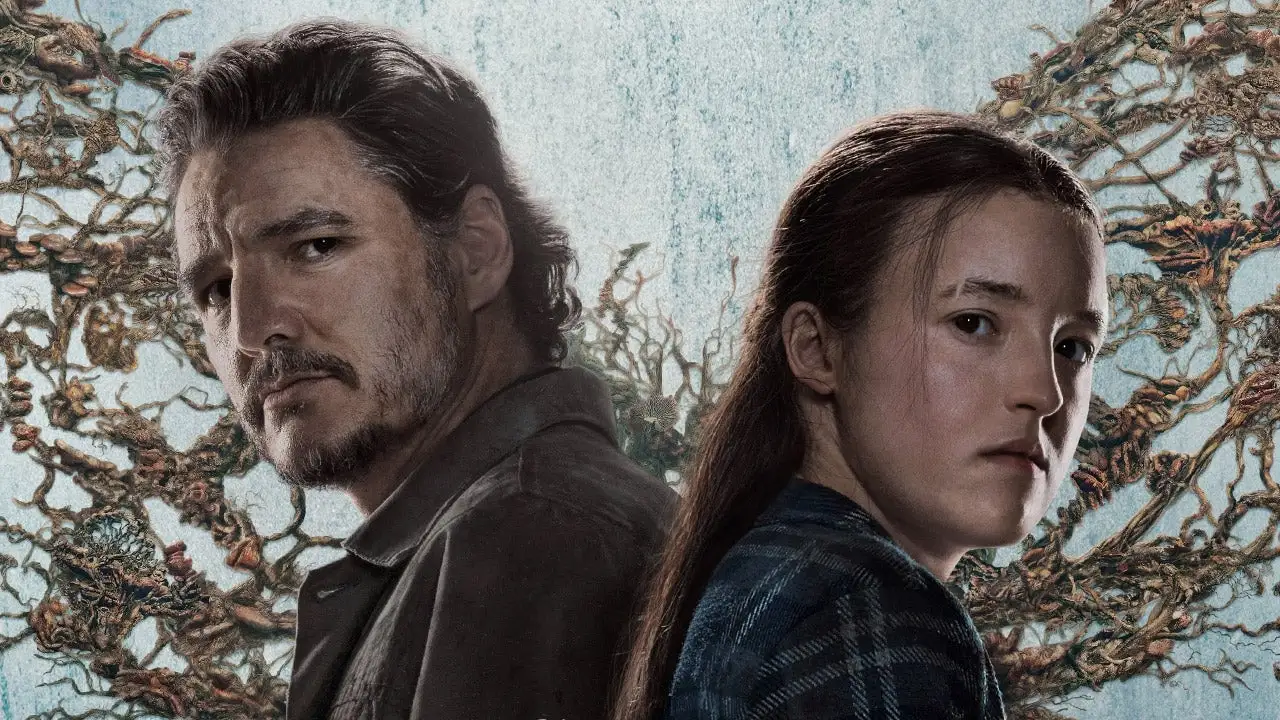
HBO’s The Last of Us has never shied away from emotional weight, but the Season 2 finale pushes boundaries both visually and narratively. Titled "Convergence," the final episode leaves fans shaken with a brutal ending that highlights the deep emotional scars left behind by trauma, vengeance, and the pursuit of justice. Helmed by director Nina Lopez-Corrado with writing from Neil Druckmann, Halley Gross, and Craig Mazin, this episode not only wraps up Ellie and Abby’s respective arcs for the season but also sets the stage for a morally complex continuation in Season 3.
The backdrop is a torn-apart Seattle, where two narratives finally collide in a way that is both poetic and disturbing. Ellie, driven by an unrelenting thirst for vengeance over Joel’s death, storms the aquarium—believing her mission righteous. But in a terrifying and unexpected twist, she kills Mel during the confrontation—only to realize Mel is pregnant. The moment is more graphic than what fans saw in the game and it hits like a gut-punch, forcing Ellie to see herself as something she never intended to become.
The writers smartly leverage flashbacks and parallel storytelling to deepen the impact. The season finale isn't just about Ellie’s revenge—it’s about Abby's humanity too. For the first time, the show fully steps into Abby's perspective, giving the audience a front-row seat into her motivations and grief. Viewers learn more about her bond with Lev, the Seraphite defector who challenges her worldview and brings empathy back into her brutal life. This contrast between Ellie and Abby fuels the emotional core of the finale.
It’s a bold move that worked in the game and arguably lands even harder in live-action. The audience is torn between rooting for Ellie and understanding Abby. There are no clear heroes or villains anymore. Just people surviving, making impossible choices in an impossible world.
The climax builds steadily, with tension simmering until the final moments. Abby and Ellie’s paths cross one last time in a vicious fight that pulls no punches. It’s not stylized or choreographed like a blockbuster brawl—it’s ugly, messy, and painfully human. Blood, mud, and tears mix as they hurt each other and themselves in the process. But just when a final blow seems inevitable, the scene cuts. A gunshot. Then, silence.
The screen fades to black, leaving the ending ambiguous. It's a creative choice that mirrors the game’s tone—where actions always have weight, and closure is a luxury few get to enjoy. The fade-to-black is intentional. The show wants the audience to reflect. What was the point of all this pain? Who’s really at fault? And can there ever be healing in a world this broken?
What’s also brilliant is how the show plants seeds for Season 3 without making it feel like a teaser. We now have more emotional groundwork for Abby, including her journey with Lev and her distancing from the Washington Liberation Front. Ellie is now more broken than ever, having lost nearly everything—including her sense of self. And while Joel’s death looms as a ghostly presence, the finale successfully transitions the narrative away from him and onto the characters trying to live in the aftermath of what he did.
Critically, the finale has sparked heavy debate online. Some viewers praised the show for sticking to its unflinching storytelling, while others felt emotionally drained by the unrelenting darkness. But one thing’s certain—The Last of Us continues to defy the formula of typical apocalyptic drama. There are no neat resolutions here, only consequences. And that’s what makes it stand out.
Season 3, already confirmed by HBO, is expected to adapt the next arc of the game’s narrative, likely focusing more on Abby and Lev’s survival journey, while Ellie attempts to cope with the fallout of her decisions. New characters are expected to join the fold, expanding the universe further and challenging our perception of who deserves redemption.
In terms of production, HBO has once again raised the bar for video game adaptations. The performances from Bella Ramsey (Ellie) and Kaitlyn Dever (Abby) are earning rave reviews, and the direction, set design, and musical score all contribute to the emotional weight of the finale. Unlike many shows that drag out storylines, The Last of Us uses each episode with purpose—building tension and character depth every step of the way.
In conclusion, the The Last of Us Season 2 finale doesn't just deliver on expectations—it confronts them head-on. It strips away comfort and certainty and replaces them with raw emotion and moral ambiguity. It's a finale that will be dissected for months, a gut-wrenching end to a season that was as devastating as it was beautiful.
As fans process what they've just witnessed, one thing is clear: the story is far from over. And if this finale is anything to go by, the next season might be even more emotionally charged.
